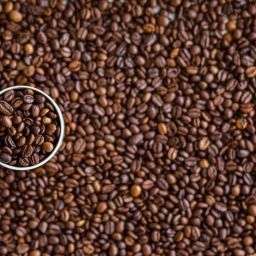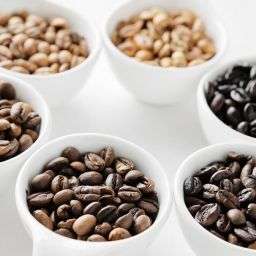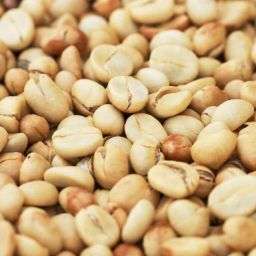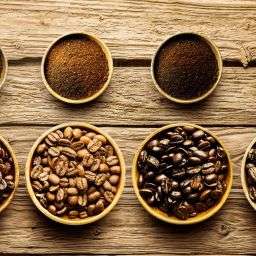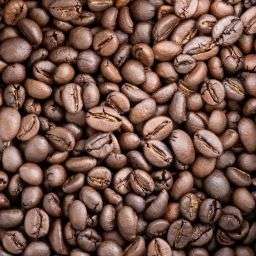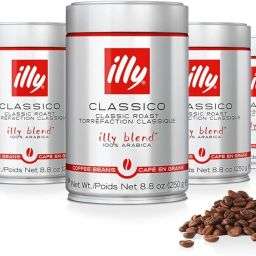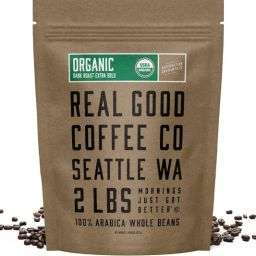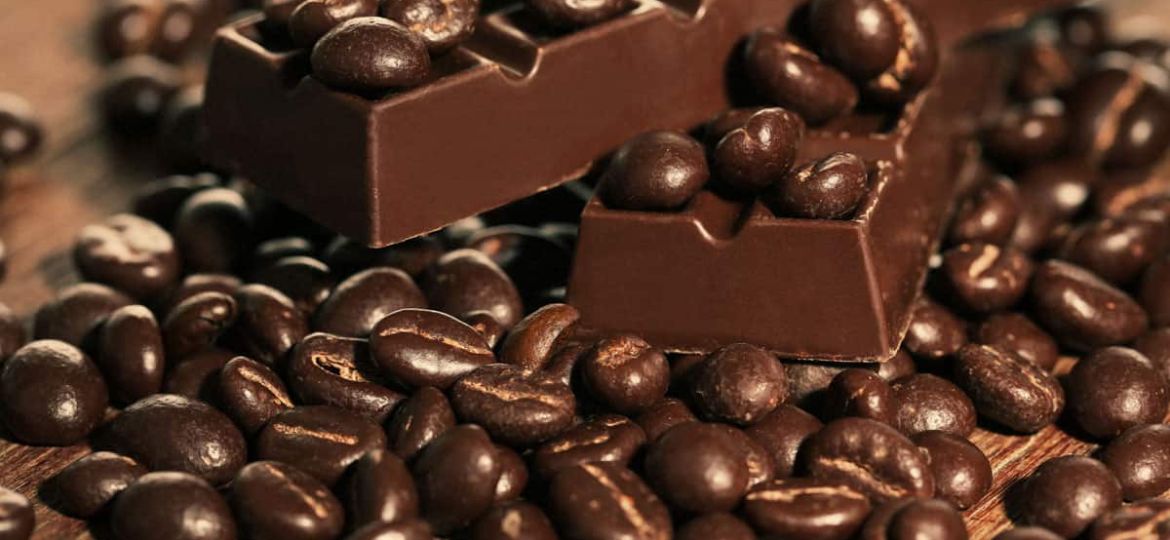
Eating coffee beans is a practice with roots stretching back to ancient times, long before the modern method of brewing coffee was developed. Historical accounts suggest that people discovered the stimulating effects of coffee beans through observing animals or, as legend has it, through an Ethiopian goatherd named Kaldi, who noticed his goats becoming more energetic after consuming the beans. This ancient practice has evolved into various modern culinary and health trends that utilize the coffee bean in its whole form.
Key Takeaways
- Health Benefits: Coffee beans are rich in antioxidants and can provide a more concentrated dose of caffeine compared to brewed coffee.
- Risks: Overconsumption can lead to caffeine-related side effects; coffee beans can also affect acid reflux and cholesterol levels.
- Consumption Tips: Moderation is key, and there are creative ways to incorporate coffee beans into your diet, such as chocolate coating or using them in recipes.
Health Benefits of Consuming Coffee Beans
- Coffee beans are packed with antioxidants, compounds that combat oxidative stress and may reduce the risk of chronic diseases. Unlike brewed coffee, consuming whole beans ensures you get the full spectrum of these beneficial compounds.
- The caffeine in coffee beans can provide a significant energy boost, enhancing focus and increasing metabolism. This concentrated form of caffeine makes it easier to control intake and customize the energy boost to individual needs.
- Caffeine is known to aid in weight loss by boosting metabolism and enhancing fat burning. Eating coffee beans might offer a novel way to harness these benefits, especially for those looking for an alternative to traditional brewed coffee.
Chocolate-Covered Coffee Beans
A popular way to enjoy coffee beans is by coating them in chocolate, which not only adds a layer of sweetness to counter the beans’ bitterness but also makes for a convenient, energy-boosting snack.
Beyond snacking, coffee beans can be incorporated into various recipes, offering a unique flavor and texture. Whether ground into a fine powder for baking or used as a crunchy topping, coffee beans offer versatility in culinary applications.
Caffeine Content and Overconsumption
Coffee beans contain a high level of caffeine, which can lead to overconsumption issues if not monitored. Eating coffee beans delivers caffeine to the bloodstream quicker than drinking coffee, increasing the risk of consuming too much caffeine inadvertently.
Symptoms of caffeine overconsumption include insomnia, nervousness, restlessness, stomach upset, rapid heartbeat, and muscle tremors.
Effects on Acid Reflux and Gastrointestinal Issues
Coffee beans are acidic and may exacerbate conditions like acid reflux or gastroesophageal reflux disease (GERD). Additionally, the compounds in coffee beans can stimulate stomach acid production, leading to discomfort or exacerbating existing gastrointestinal issues.
Impact on Cholesterol and Heart Health
Certain compounds in coffee beans, such as cafestol and kahweol, can raise cholesterol levels, particularly LDL cholesterol. While these compounds are reduced significantly in filtered coffee, eating whole beans does not offer this benefit, potentially impacting heart health.
Consumption Limits
It’s advisable to limit coffee bean intake to avoid excessive caffeine consumption. An average adult should not exceed 400 mg of caffeine per day.
Given that a single coffee bean contains approximately 6 mg of caffeine, one should not consume more than 65-70 beans per day, keeping in mind other sources of caffeine in their diet.
Advice for Specific Health Conditions
Individuals with certain health conditions, such as acid reflux, high cholesterol, or caffeine sensitivity, should consult with a healthcare provider before incorporating coffee beans into their diet.
Pregnant women and individuals taking certain medications should also seek medical advice due to potential interactions and side effects.
Various Ways to Enjoy Coffee Beans
Eating coffee beans can be an enjoyable and energizing experience, particularly when they are prepared thoughtfully. One of the most popular methods is creating chocolate-covered coffee beans, which offer a delightful blend of bitterness from the bean and sweetness from the chocolate.
Preparing Chocolate-Covered Coffee Beans
- Select Your Beans: Choose high-quality, whole coffee beans. Medium or dark roast beans are ideal for a balanced flavor.
- Melt Chocolate: Gently melt your choice of chocolate (dark, milk, or white) in a heatproof bowl over simmering water or in short bursts in a microwave, stirring frequently.
- Dip Beans: Using a fork or toothpick, dip each coffee bean into the melted chocolate, ensuring it’s fully coated.
- Cooling: Place the chocolate-coated beans on a parchment-lined tray, ensuring they don’t touch each other.
- Set the Chocolate: Refrigerate the tray until the chocolate hardens, typically for about an hour.
Integrating Coffee Beans into Foods
- Baked Goods: Finely ground coffee beans can be added to recipes for cakes, cookies, or brownies, providing a rich coffee flavor.
- Garnishes: Use whole or crushed coffee beans as a decorative and flavorful garnish on desserts like ice cream or tiramisu.
- Coffee Bean Brittle: Create a coffee bean brittle by mixing caramelized sugar with whole coffee beans, then cooling and breaking into pieces.
FAQs
How many coffee beans can I safely eat per day?
A: While individual tolerance varies, it’s generally recommended not to exceed 65-70 beans per day to keep caffeine intake under the 400 mg threshold.
Can eating coffee beans affect my sleep?
A: Yes, the caffeine in coffee beans can disrupt sleep patterns, especially if consumed in large quantities or close to bedtime.
How does eating coffee beans compare to drinking coffee in terms of caffeine intake?
A: Eating coffee beans can result in a quicker and more concentrated caffeine absorption compared to drinking brewed coffee, potentially leading to faster and more intense effects.
Final Thoughts
- Moderation is Key: Monitor your intake to avoid the side effects of excessive caffeine consumption.
- Quality Matters: Opt for high-quality, preferably organic, coffee beans to ensure a better taste and health profile.
- Consult Healthcare Providers: If you have specific health conditions, it’s advisable to seek guidance before incorporating coffee beans into your diet.
Enjoying coffee beans can be a delightful culinary adventure, providing both energy and flavor, but always remember to do so responsibly and thoughtfully.


